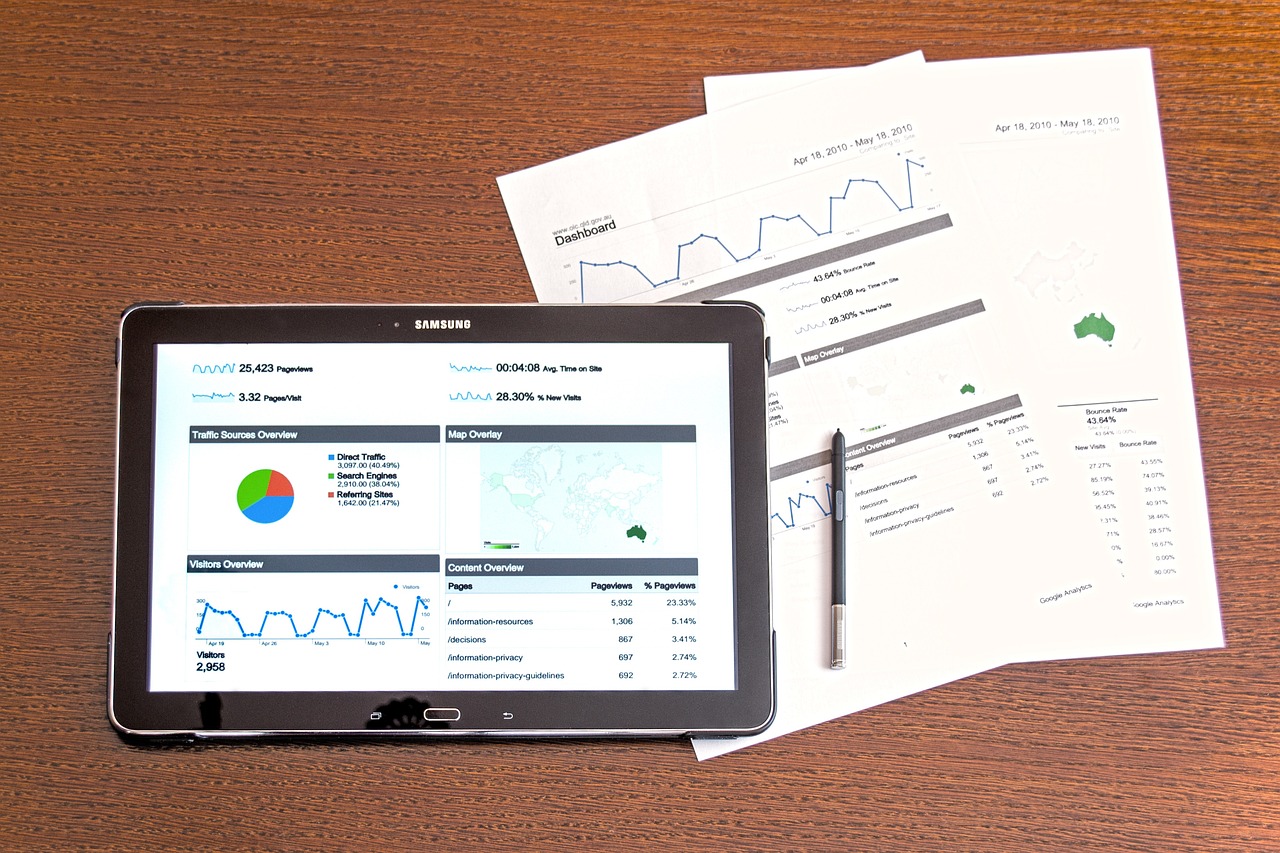
22 May With higher interest rates, should I be considering bonds?
Photo: pixabay.comQ. With higher interest rates, should I be considering bonds? I have 20% of my portfolio in mutual funds that have some bonds, but should I own individual bonds? And what would happen to the bonds if interest rates go down?
— Investor
A. Great question.
We’re seen new record highs for the stock market recently, but investors should also think about bonds.
Bonds and bond funds are usually added to a portfolio to provide diversification due to their low or negative correlation with stocks, said Alexander Les, a certified financial planner with U.S. Financial Services in Fairfield.
He said bonds provide a steady stream of income via regular interest payments and in the case of high-quality bonds, a relatively low risk investment that can help preserve capital. But they do have risks, including default, early redemption (call) and interest rate risk.
Les said an investor can eliminate two of those three risks by purchasing a non-callable U.S. issued bond; U.S. Treasury Bills and Bonds are bonds that typically are non-callable with minimal default risk. In the current environment, where the direction of interest rates is very uncertain, the greatest risk would be related to interest rate changes, he said.
“Bond prices have an inverse relationship with interest rates,” he said. “If rates rise then bond prices will decrease, thus reducing the value of your investment. If interest rates drop, bond prices will increase, thus increasing the value of your investment.”
However, Les said, by holding an individual bond to maturity, the investor does not have to realize the interim impact of the change in rates, essentially creating a known investment return which is the “yield to maturity” at the time of purchase of that bond. Following this process does come with the downside that the flexibility to rebalance and re-allocate within the portfolio is reduced, he said.
The real question here is how strongly do you feel about the direction of rates? And what will you do if that prediction doesn’t go your way?
You mention that 20% of your portfolio is in mutual funds that have “some” bonds which indicates active management.
“If you’re using bonds to offset the equity risk associated with your portfolio, then the active management of a bond fund would be the preferred trade as a few individual bonds may not provide the diversification required to complete that strategy,” he said. “Not to mention the benefit of an experienced portfolio manager that will buy and sell bonds based on the impact of rate changes. If on the other hand your goal is to buy a bond and hold it until maturity because you need a steady stream of income in the form of semi-annual interest payments, then buying individual bonds can be a viable strategy.”
Email your questions to .
This story was originally published in May 2024.
NJMoneyHelp.com presents certain general financial planning principles and advice, but should never be viewed as a substitute for obtaining advice from a personal professional advisor who understands your unique individual circumstances.

